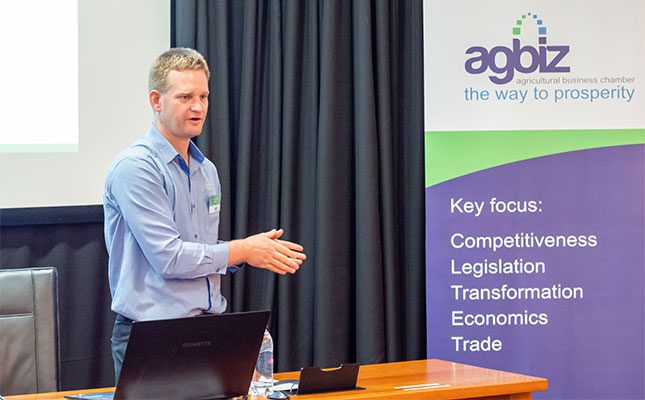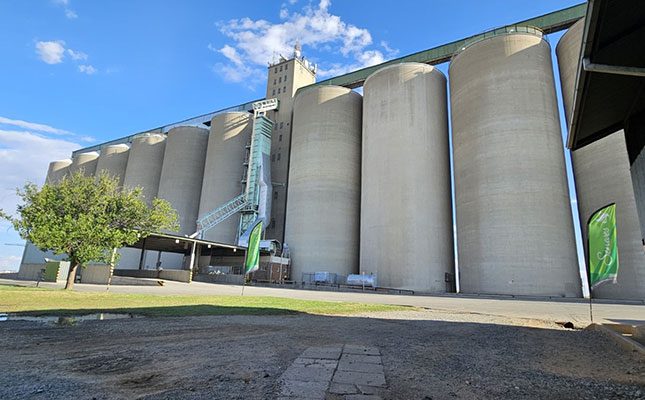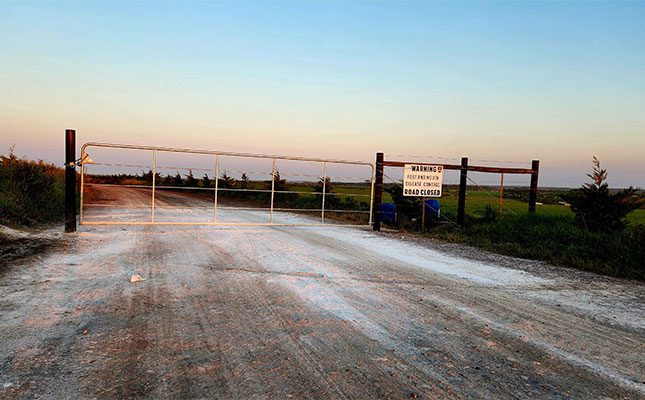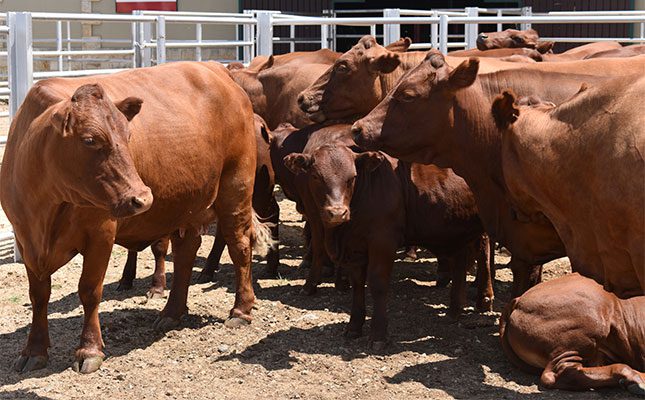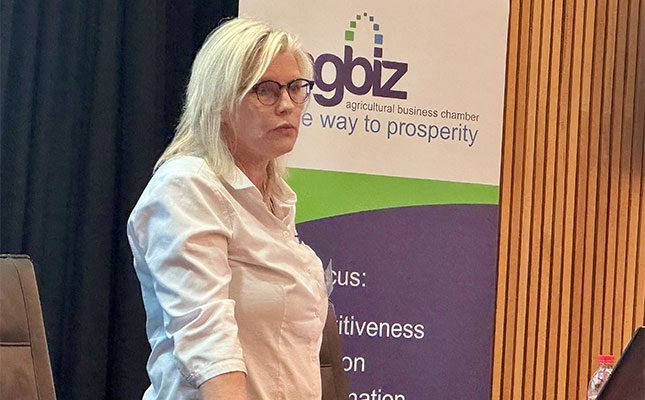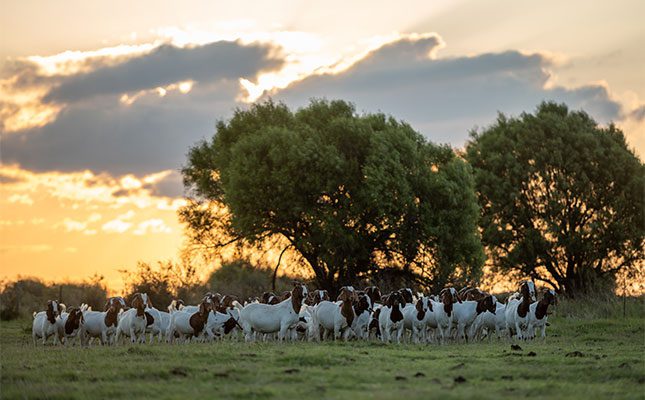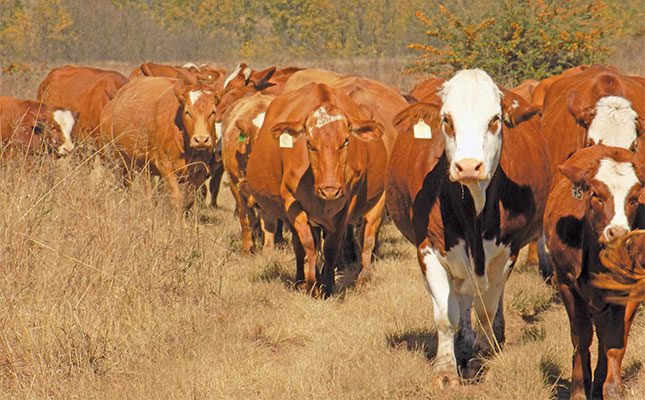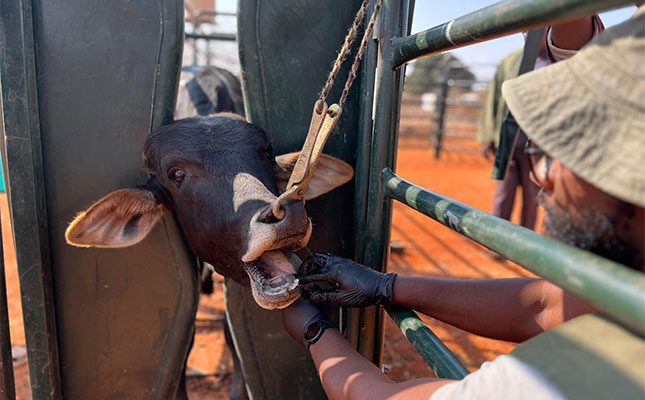
Photo: Supplied - Limpopo Department of Agriculture and Rural Development
Speaking to Farmer’s Weekly, Kekana confirmed that Limpopo has been free of circulating FMD virus for more than three years, with the Disease Management Area (DMA) having been lifted in July this year.
The last active outbreak in Limpopo was concentrated in the Vhembe District Municipality, where a DMA had been in place since September 2022, the national Department of Agriculture confirmed.
“Two rounds of vaccinations were carried out at 34 dip tanks, with a total of 23 024 cattle vaccinated. Extensive serological surveillance concluded that there was no longer evidence of FMD virus in the area, resulting in the lifting of the DMA,” the department said in a statement.
CEO of the Red Meat Industry Services Dewald Olivier said there have been no reports of positive cases in any commercial farms or feedlots in Limpopo since the disease began escalating in South Africa late last year.
“After the initial FMD outbreak in Limpopo in 2019, the province established a multi-organisation FMD forum that has been operational ever since. The forum is very active and comprises industry, government, farmers and the communities. They have managed to take ownership of disease control and strictly monitor the movement of animals, which has drastically helped to curb the spread and effectively eradicate the disease in the province for now,” Olivier said.
Olivier said the case of Limpopo demonstrates how public-private partnership, if done correctly, can effectively control the disease.
Kekana said: “Over the years we’ve worked on prevention and awareness campaigns to clamp down on any possible outbreak of the disease, particularly in the red zone areas. We have also been administering free preventative vaccines to cattle, which has made a significant difference.”
Historically, the eastern parts of Limpopo, including areas in Musina, Thulamela, Collins Chabane, Greater Giyani, and Greater Letaba local municipalities were designated as red zones.
“FMD has been controlled for more than six decades in Vhembe and Mopani, the two districts bordering the Kruger National Park. The livestock owners in these areas are very familiar with movement control, and this has helped us keep the virus out,” Kekana said.
Vaccination remains a major part of the province’s success, she said.
“There are over 40 000 cattle in the protection zone, which includes Greater Giyani, Ba-Phalaborwa, Maruleng, Collins Chabane, parts of Thulamela and the north-eastern part of Musina. These animals are vaccinated four times a year, and we consistently achieve 70% vaccination coverage across all four rounds.”
To ensure the virus had been eliminated, Limpopo conducted rigorous testing. “We use both serological and clinical examinations to confirm the absence or presence of the virus, and there is annual targeted surveillance in the country that further supports our findings,” she explained.
Kekana said the province would continue enforcing strict biosecurity rules.
“All vaccinated cattle are F-branded and eartagged so that we can track their movement. No cattle may move without a permit. Our animal health technicians are constantly doing awareness campaigns with livestock owners, and as a department we are always working to secure market access for farmers in these areas.”
She said the province’s success was the result of discipline, partnership and vigilance.

